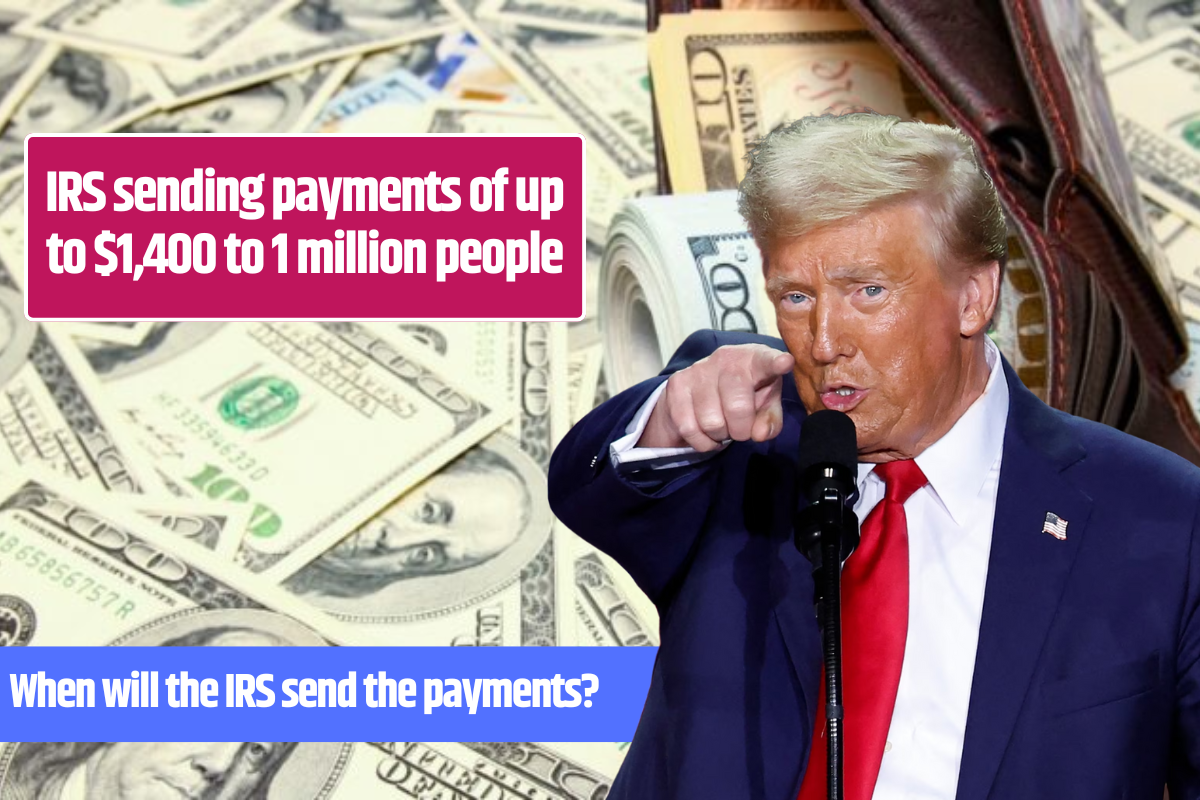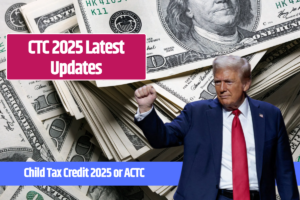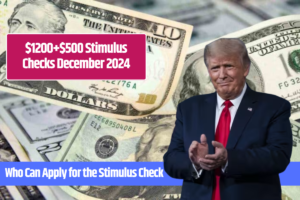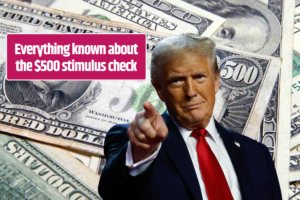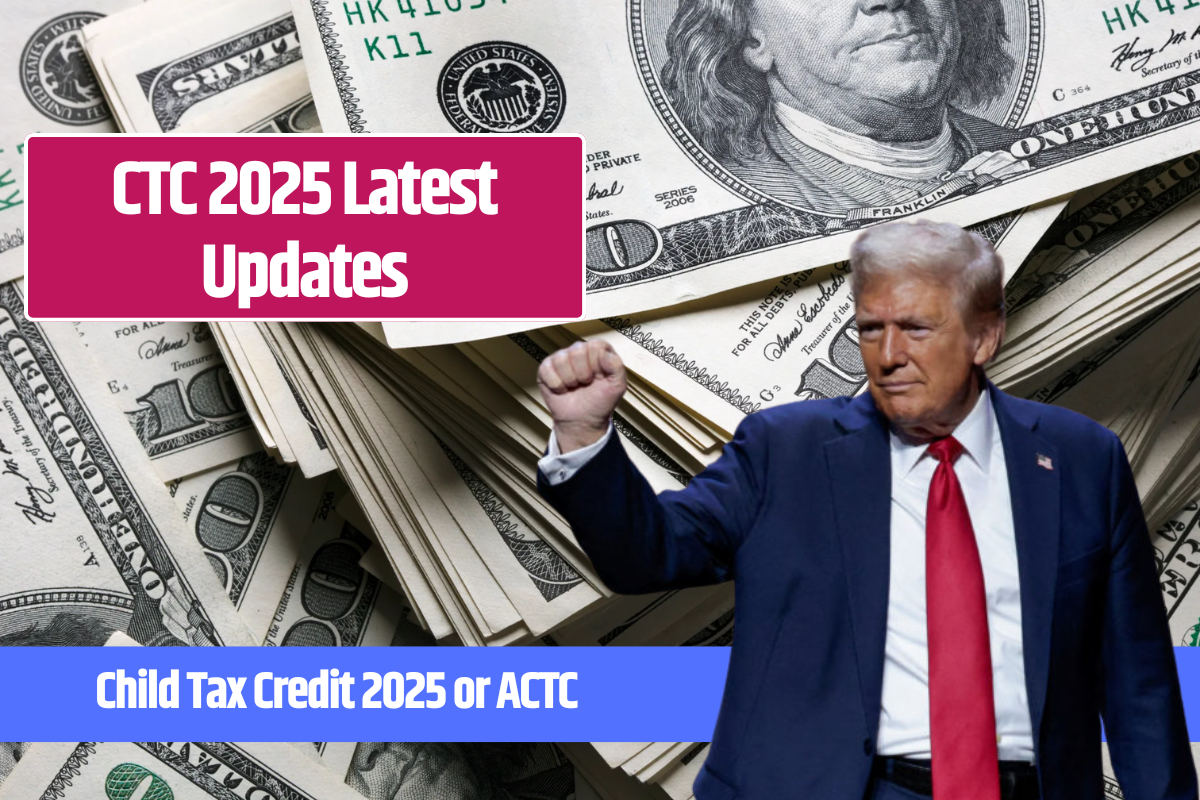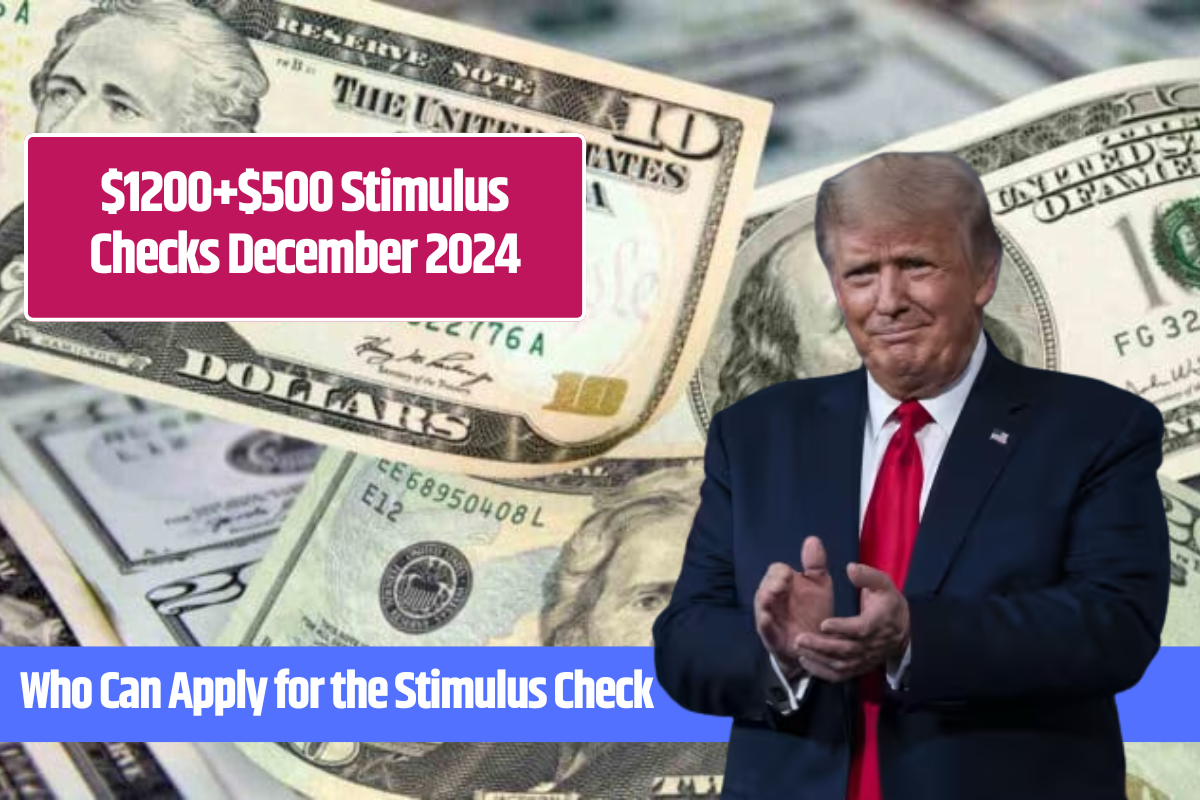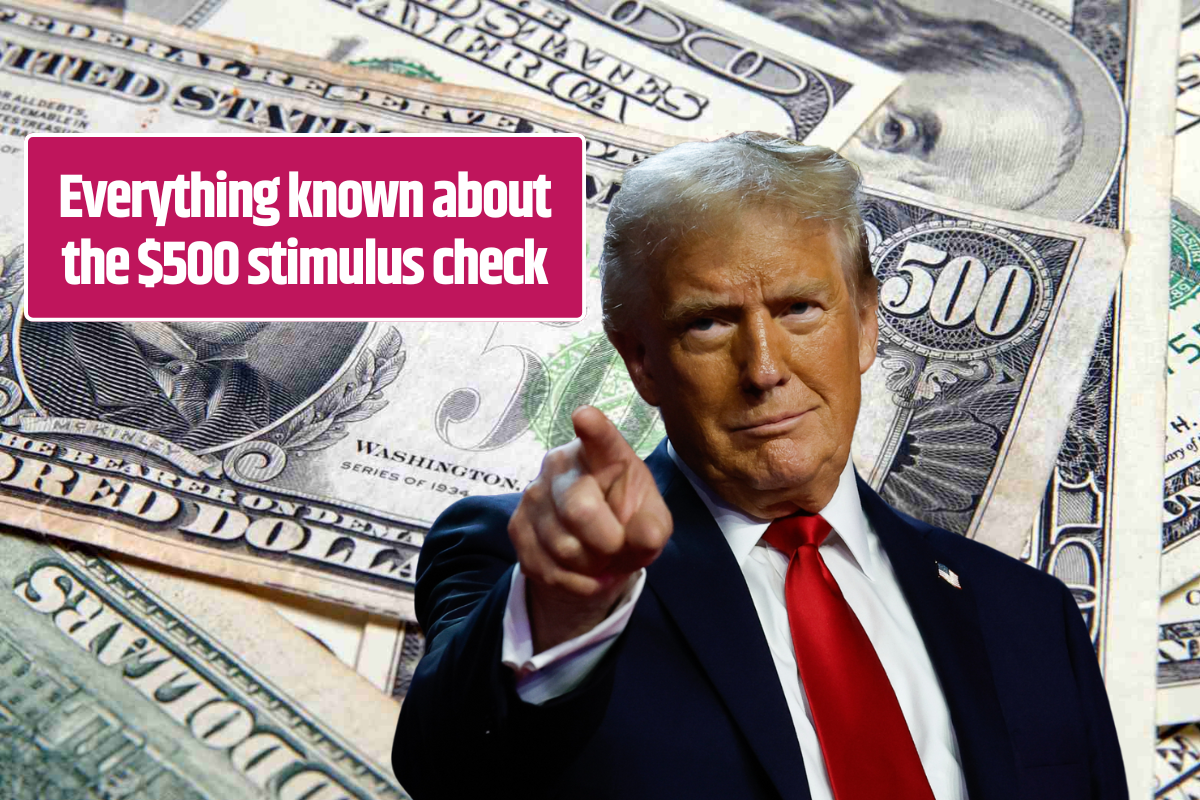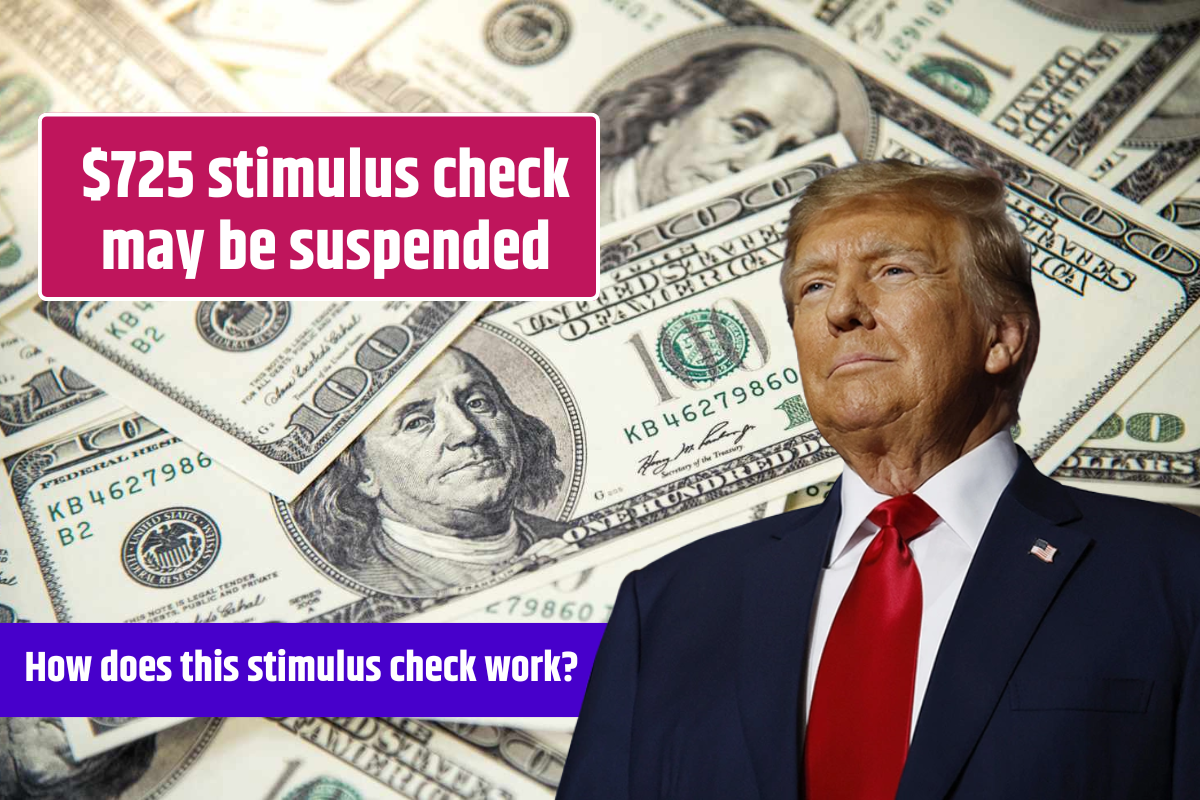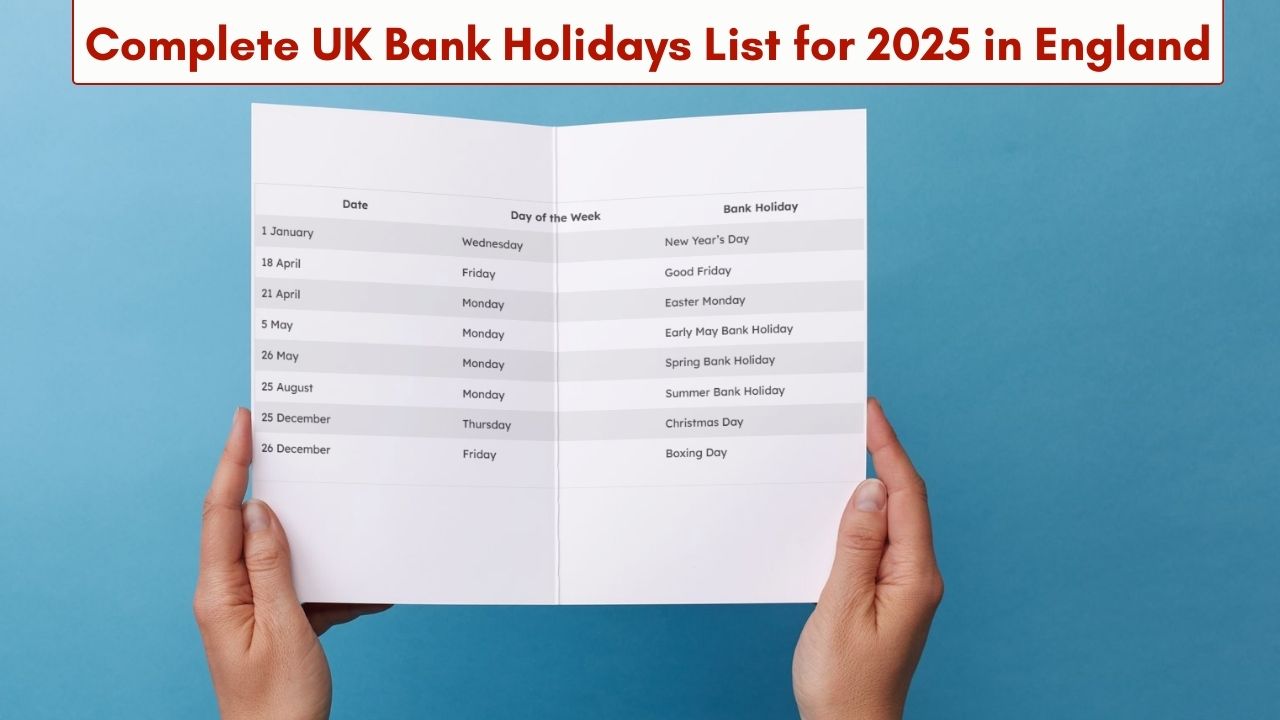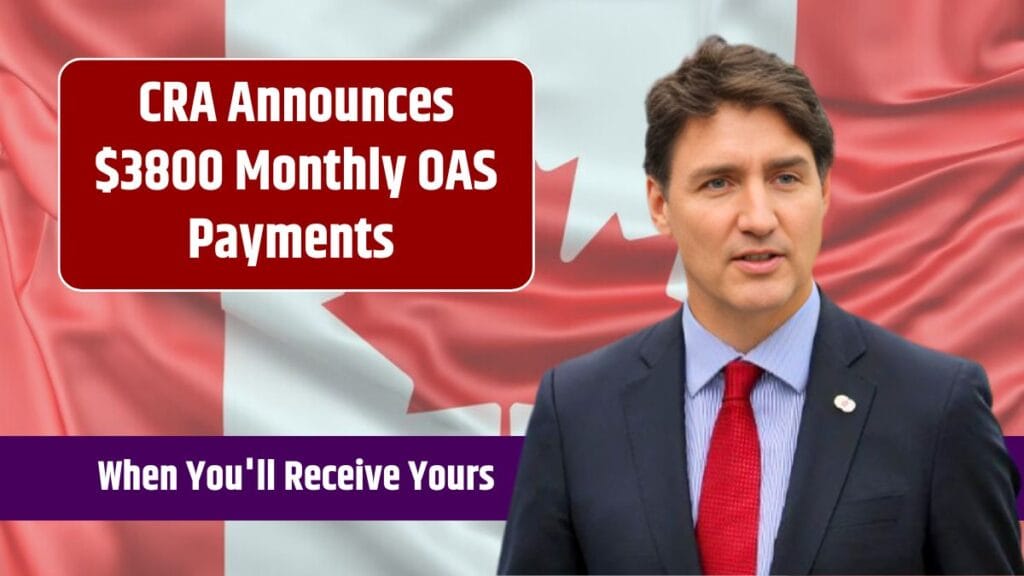The IRS said Friday that it is delivering $2.4 billion in “special payments” to 1 million individuals as part of an attempt to guarantee that Americans who did not get all of their government stimulus cheques during the epidemic receive the funds in their bank accounts.
The reimbursements will be based on individual circumstances, with a maximum of $1,400 per beneficiary, according to the agency.
“To minimize headaches and get this money to eligible taxpayers, we’re making these payments automatic, meaning these people will not be required to go through the extensive process of filing an amended return to receive it,” the IRS Commissioner, Danny Werfel, said in a statement.
Who will get a payment from the IRS?
The tax office said it is disbursing the payments after evaluating internal data that revealed many persons submitted tax returns but did not claim the “recovery rebate credit” in 2021.
That credit was intended for persons who did not get all or portion of the stimulus payments that were given during the epidemic. Three stimulus payments were approved by lawmakers, two of which will be given in 2020 and the third in 2021.
Most eligible taxpayers have already received stimulus funds, either directly or via the recovery rebate credit.
Do you need to apply for the IRS payment?
No. The IRS said the payouts would be sent automatically to around 1 million persons who submitted tax returns and qualified for the recovery rebate credit but did not claim it. The agency will notify beneficiaries via mail that they will receive their money.
When will the IRS send the payments?
The tax department said that the cheques would be mailed in December, with the majority of the payments arriving by late January 2025.
The money will be either automatically put into the recipient’s bank account or sent as a printed check.
Also Read: Everything known about the $500 stimulus check
